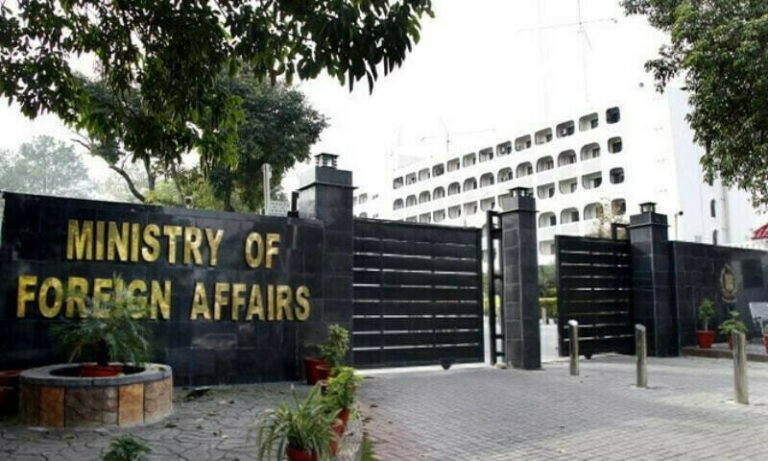

🇵🇰 DG ISPR Warns India Over Ceasefire Breach
Lieutenant General Ahmed Sharif Chaudhry, Director General of Inter-Services Public Relations (ISPR), warned that Pakistan will respond swiftly and decisively to any Indian ceasefire violation.
In an interview with Sky News, Lt Gen Chaudhry stated that escalating tensions could push both nations toward mutually assured destruction, a concept in nuclear strategy where conflict ensures destruction on both sides.
⚠️ Military Tensions Escalated After Pahalgam Attack
The recent confrontation began when India accused Pakistan of involvement in the April 22 attack on tourists in Pahalgam, a resort town in Indian-occupied Kashmir.
On the night of May 6-7, India launched air strikes on Pakistani territory, killing and injuring civilians. In response, Pakistan carried out retaliatory strikes. The exchange continued for several days until a ceasefire was brokered by US President Donald Trump on May 10.
🧍♀️ Civilian Casualties Reported in Pakistan
According to Pakistani authorities:
- 40 civilians, including 7 women and 15 children, lost their lives.
- 121 people sustained injuries in the Indian air strikes.
🗣️ ‘India Is Writing a Prescription for Mutual Destruction’
Lt Gen Chaudhry strongly criticized India’s actions, warning that:
“By supporting war, India is writing a prescription for mutual destruction. Any attempt to violate our territorial integrity will be met with a befitting response.”
He emphasized the nuclear threat and said the international community, including the United States, understands the dangers of further escalation.
🔍 Kashmir Issue Must Be Resolved Through the UN
Commenting on the Kashmir conflict, DG ISPR accused India of:
- Militarizing the region,
- Suppressing the local population,
- And attempting to “internalize” the issue.
He reiterated Pakistan’s position that:
“The people of Kashmir should decide their fate in accordance with UN Security Council resolutions.”
🔚 No Room for War in South Asia
In a press conference following the ceasefire, DG ISPR stressed:
- The danger of war between two nuclear states,
- The threat to over 1.6 billion people in South Asia,
- And the urgent need for diplomacy over aggression.
“In fact, there is no scope for war between India and Pakistan,” he concluded.







